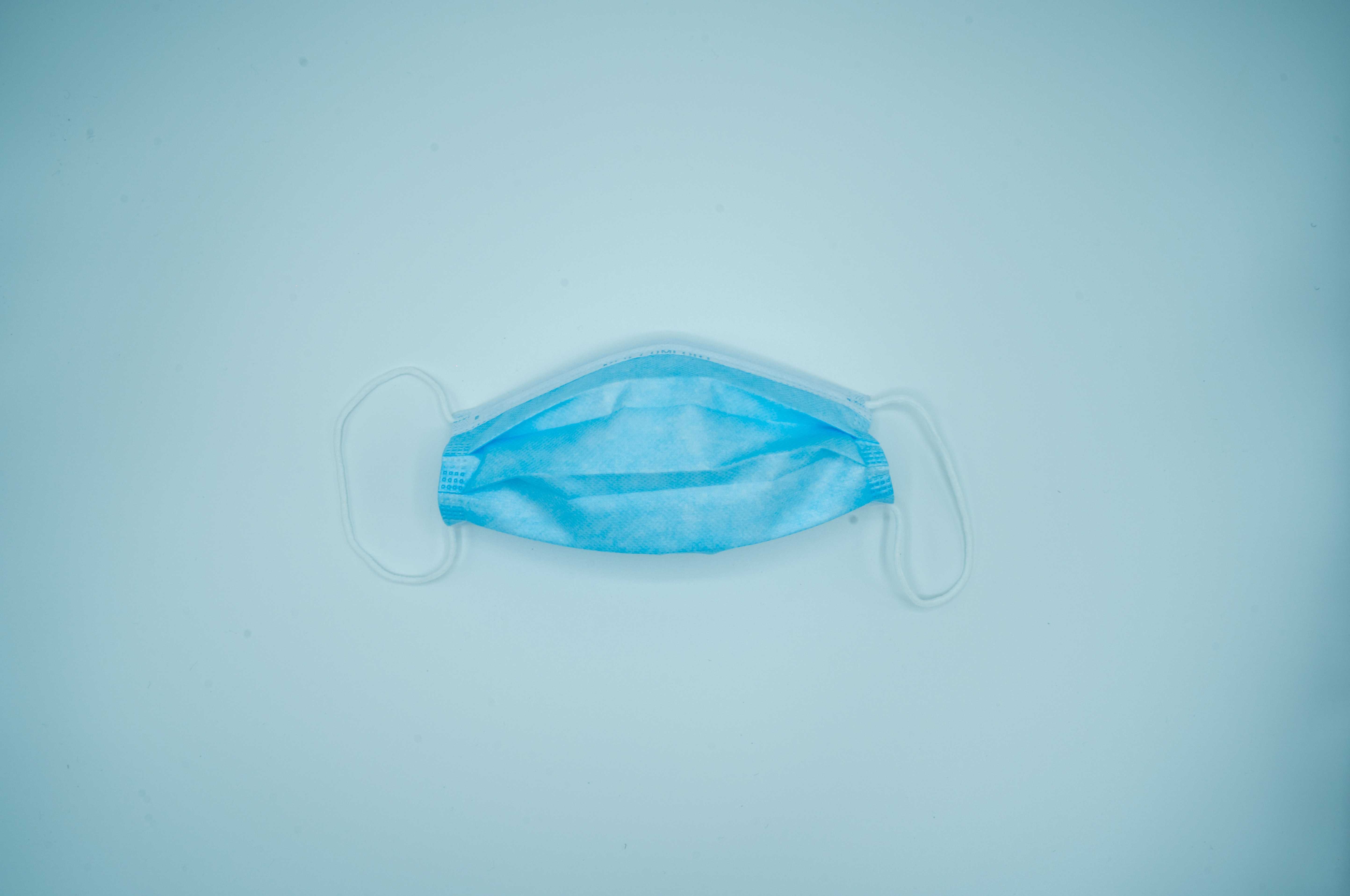Can a Surgical mask keep you from catching the virus?

Experts don't yet know exactly how the virus is transmitted, the Centers for Disease Control and Prevention is recommending that health care workers treat it like an airborne pathogen — germs that can travel in particles or droplets in the air. That means health care workers interacting with a coronavirus patient should wear a heavy-duty mask called an N95 respirator. These respirators are designed to fit tightly around the nose and mouth, and, when worn correctly, block out at least 95% of small airborne particles.

Surgical masks — those cheap, disposable, gauzy masks that often come in blue or green — are less uncomfortable. But Schaffner says the scientific evidence that "there might be a benefit for people in the community wearing surgical face masks is very, very meager. The general sense is perhaps, but they're certainly not an absolute protection.
Surgical masks are just a physical barrier that will protect you against "a visible splash or spray of fluid or large droplets," explains Raina MacIntyre, an infectious disease researcher and professor of global biosecurity at the University of New South Wales in Sydney who has studied the efficacy of face masks. These masks fit loosely on the face around the edges, so they don't completely keep out germs, and small airborne particles can still get through.
There was a research which has shown that N95 respirators offer far superior protection. But in one study, researchers did find that family members who wore surgical masks when caring for a sick child at home had a lower risk of getting infected. But the benefit only occurred if people wore the masks "all the time when you are in the same room as the infected person," MacIntyre says — something many families in the study found difficult to do. "But if they did wear it, yes, they got protection."
2020-04-07 17:08

